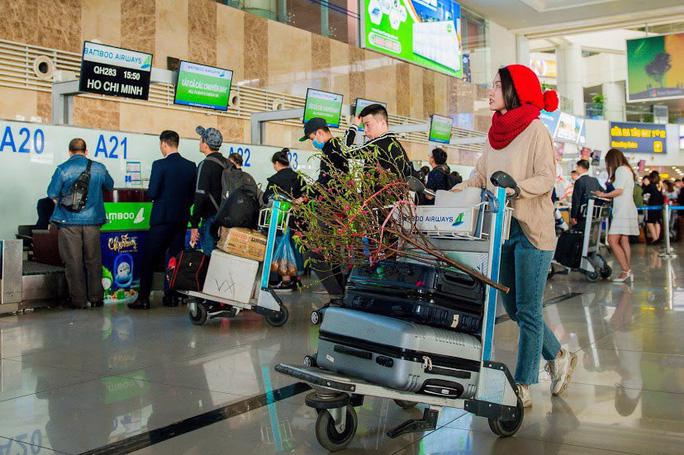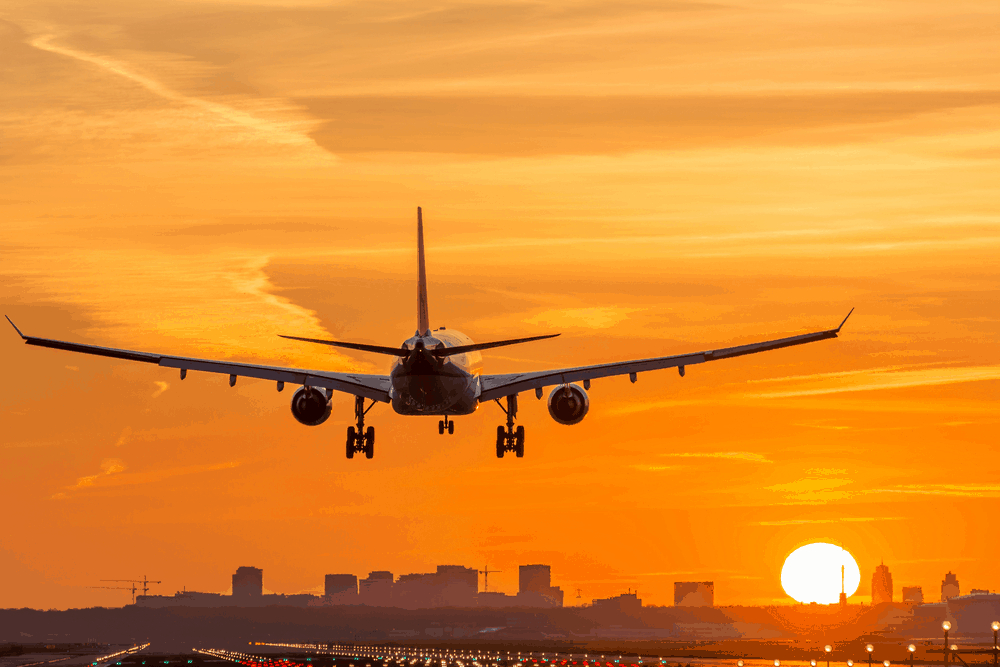Aviation and tourism are like teeth and lips, but there seem to be signs of each industry acting independently, each focusing on its own interests.
Airlines have the right to offer flexible ticket prices based on market demand, as long as they do not exceed the regulated price range. However, the overly high expectations regarding demand and the pursuit of maximum profit have pushed prices close to the ceiling. Immediately, concerns arose about the significant impact on travel demand, affecting other industries such as tourism, restaurants, and hotels.
These concerns are clearly well-founded. During the recent holiday season, the domestic tourism market, which seemed poised for a boom, suffered a setback due to a lack of visitors, losing ground on home turf. Many hotels in Nha Trang and Phu Quoc complained that occupancy rates hadn't reached 60%, even during peak season.
There's a reason why round-trip domestic airfare is almost as expensive as an all-inclusive overseas tour package to destinations like Thailand and Singapore. Many families have changed their plans and opted for overseas travel because of the affordable airfare, with some routes even being significantly cheaper than domestic flights.
The aftereffects of the disruption to the airline ticket market during the April 30th holiday are still felt. Airfares soared but were forced to drop due to weak demand. Immediately, many destinations saw an increase in hotel bookings. Many still worry that airlines are resorting to underhanded tactics, repeating the same mistakes during this Tet holiday.

Many people are still worried that the airline will resort to "tricks," repeating the same old problems this Tet holiday.
Airfares are higher during Tet because airlines have to fly empty on one way, but understanding is also crucial because people are facing difficulties. If they limit their trips home due to high fares, the airlines' revenue will also decrease. Furthermore, high airfares are considered to significantly impact tourism recovery, as airfares account for 40-60% of tour costs.
Phu Quoc, once known as the "pearl island," is a popular tourist destination, but it is now experiencing a decline in visitors. One reason is that airfares to Phu Quoc have recently been higher than package tours to Thailand, Malaysia, and Cambodia. Foreign tourists are also choosing other destinations with lower service prices.
High transportation costs could lead to a decline in domestic tourism, resulting in losses for related service industries. This shouldn't be seen as a problem confined to one sector; it's a significant issue with potentially serious consequences if not addressed quickly.
Meanwhile, Thailand is striving to stimulate tourism by lowering prices, providing subsidies, and implementing many decisive and consistent measures. Airlines themselves are proactively offering to reduce travel costs. Thailand demonstrates that there are still many solutions available to lower airfares.
This includes encouraging airlines to return slots (take-off and landing slots) that they cannot utilize, so that they can be reallocated to other airlines to increase the efficiency of flights and supply.
Vietnam also has this policy, but getting airlines to release slots when they are not using them is very difficult, almost impossible.
Many localities have stepped in, holding meetings with airlines about reducing ticket prices to stimulate tourism, but without success so far.
To have a consistent and coordinated policy, a "conductor," perhaps the National Tourism Administration, is still needed to discuss, guide, and harmonize the interests of the aviation and tourism sectors. If the current approach remains inconsistent, these sectors will inadvertently jeopardize each other's opportunities within the domestic market.

 VI
VI EN
EN

































